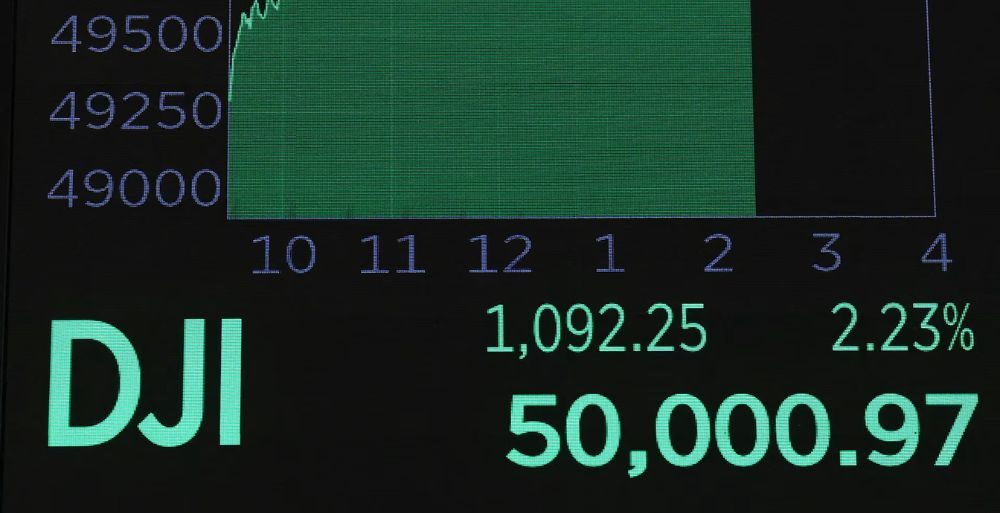Visa and Mastercard are nearing a significant settlement with merchants after years of litigation over interchange fees—the fees merchants pay each time a customer uses a credit card. The proposed deal, still pending court approval, aims to reduce these fees slightly while giving merchants more control over which cards they accept and how they manage surcharges, but it also raises concerns about the impact on consumer rewards programs.
The agreement proposes lowering interchange fees by approximately 0.1% over the next five years. While this reduction is modest compared to current average fees—typically between 2% and 2.5% per transaction—it nonetheless represents the first meaningful cut in what merchants argue have been excessively high costs for years. Along with the fee reduction, merchants would gain the right to add surcharges when customers pay with premium credit cards, which often carry higher fees due to the enhanced rewards and perks they offer.
This change also grants merchants greater flexibility to refuse certain Visa and Mastercard-branded premium cards. Until now, the “honor all cards” rule required merchants accepting any Visa or Mastercard credit card to accept all cards from those networks, regardless of the fee charged. This often forced merchants to bear the high costs of premium cards despite their preference for lower-fee payment options.
Visa and Mastercard have stated that this settlement would provide meaningful relief and let merchants better manage payment acceptance, helping especially smaller businesses by simplifying rules and reducing costs. The companies emphasize that the deal is not an admission of wrongdoing but rather a resolution to a legal battle that has lasted over 20 years, involving claims by merchants that the card networks fixed interchange fees unfairly.
Despite the optimistic framing by Visa and Mastercard, the proposal has drawn sharp criticism from powerful industry groups representing retailers. The National Retail Federation called the settlement “window dressing,” arguing that the fee cuts are too modest given the historic rise in interchange fees. They highlight that the average interchange rate in the U.S. now stands around 2.35%, far higher than the European Union’s cap of 0.3% implemented back in 2015.
Retailers warn that this minimal fee reduction won’t keep pace with rising costs and could ultimately fail to alleviate the financial burden on merchants. The National Restaurant Federation criticized the settlement for allowing Visa and Mastercard to maintain their dominant market position, accusing them of running a pricing cartel. They argue that if courts don’t act decisively, congressional intervention may be necessary to regulate these fees more effectively.
The ongoing dispute highlights broader tensions between credit card companies, merchants, and consumers. Credit card companies finance many popular consumer rewards programs—including cashback, travel points, and exclusive benefits—through these interchange fees. Consequently, any reduction in merchant fees could force a reevaluation of rewards structures, potentially resulting in fewer perks for cardholders.
Industry experts underline that the approximately 0.1% fee reduction over five years is relatively small, especially considering recent increases in interchange rates. Some sources familiar with the matter suggest the deal faces opposition from merchants and is unlikely to be approved without significant modifications. The settlement also includes a $21 million merchant education program to inform businesses about managing payment acceptance and costs more effectively.
This proposed resolution surfaces after years of legal wrangling and previous settlement efforts rejected by federal judges for not adequately protecting merchant interests. It reflects a compromise in a longstanding conflict about the fairness and transparency of credit card fee structures, with major players like Walmart, Amazon, Costco, and Lowe’s independently settling or negotiating separate terms with Visa and Mastercard.
If approved, the settlement could reshape how merchants handle credit card payments and surcharges, while impacting the rewards landscape for consumers. However, the debate underscores the challenge of balancing cost, convenience, and consumer incentives within the complex payments ecosystem.















